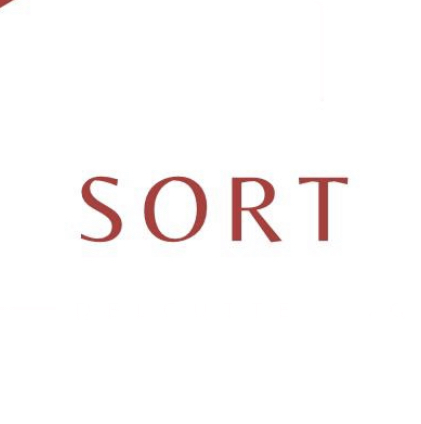Stop Buying, Start Living: How Embracing Experiences Leads to True Happiness and a Richer Life
- Nina & Sam

- Dec 28, 2024
- 3 min read

In a world inundated with advertisements, promotions, and enticing offers, the urge to buy more stuff is ever-present. We're constantly bombarded with messages telling us that happiness can be found in the next purchase, the latest gadget, or the trendiest fashion item. However, the reality is often quite different. In fact, accumulating more stuff can lead to clutter, stress, and a sense of overwhelm. In this blog, we'll explore why it's essential to break free from the cycle of consumerism and embrace a simpler, more intentional way of living.
The Problem with Consumerism
Consumerism is the relentless pursuit of material possessions and the belief that happiness and fulfillment can be attained through the acquisition of more stuff. While there's nothing inherently wrong with buying things we need or enjoy, the problem arises when consumption becomes a compulsive behavior driven by external influences rather than genuine needs or desires.
One of the main issues with consumerism is its environmental impact. The constant production and disposal of goods contribute to resource depletion, pollution, and climate change. Additionally, the pursuit of endless consumption can lead to financial strain, as people accumulate debt in their quest to keep up with the latest trends and lifestyles.
The High Cost of Clutter
Beyond its environmental and financial implications, clutter also takes a toll on our mental and emotional well-being. Research has shown that living in a cluttered environment can increase stress levels, decrease productivity, and even affect our relationships. Clutter bombards our senses, overwhelms our minds, and creates a constant sense of chaos and disarray.
Moreover, clutter can hinder our ability to focus and make clear decisions. When our physical space is cluttered, it often reflects the state of our mental space as well. Clearing physical clutter can thus have a profound impact on our mental clarity and overall sense of peace.
The Benefits of Minimalism
Minimalism offers an antidote to the excesses of consumerism and clutter. At its core, minimalism is about simplifying your life, focusing on what truly matters, and eliminating anything that doesn't contribute to your well-being and happiness. It's not about depriving yourself or living in austerity, but rather about intentionally choosing to surround yourself with only the things that add value to your life.
Embracing minimalism can lead to a multitude of benefits. By decluttering your physical space, you create a sense of calm and tranquility that permeates every aspect of your life. You gain more time and energy to devote to the people and activities that bring you joy, rather than being weighed down by the burden of excess stuff.
Minimalism also encourages mindful consumption, where purchases are made thoughtfully and deliberately. Instead of buying things on impulse, you take the time to consider whether an item truly aligns with your values and priorities. This not only helps reduce waste and environmental impact but also fosters a deeper appreciation for the things you do choose to bring into your life.
Practical Tips for Embracing Minimalism
If you're ready to declutter your life and embrace minimalism, here are some practical tips to get you started:
Assess Your Belongings: Take inventory of your possessions and ask yourself whether each item serves a purpose or brings you joy. Be ruthless in decluttering items that no longer serve you.
Set Limits: Adopt a one in, one out policy for new purchases to prevent clutter from accumulating. Set boundaries for how much stuff you allow into your home and stick to them.
Declutter Regularly: Make decluttering a regular habit rather than a one-time event. Set aside time each week or month to assess your belongings and let go of anything you no longer need or use.
Mindful Consumption: Before making a purchase, ask yourself whether the item aligns with your values and whether you truly need it. Consider the environmental and ethical implications of your buying choices.
Focus on Experiences: Instead of accumulating more stuff, prioritise experiences and relationships. Invest your time and resources in activities that bring you joy and create lasting memories.
In a society that equates success and happiness with material possessions, embracing minimalism can seem countercultural. However, by breaking free from the cycle of consumerism and decluttering our lives, we can experience a newfound sense of freedom, fulfillment, and peace. It's time to shift our focus from acquiring more stuff to cultivating a life rich in meaning, purpose, and connection.
Let's stop buying into the myth of more and start embracing the beauty of less.


.